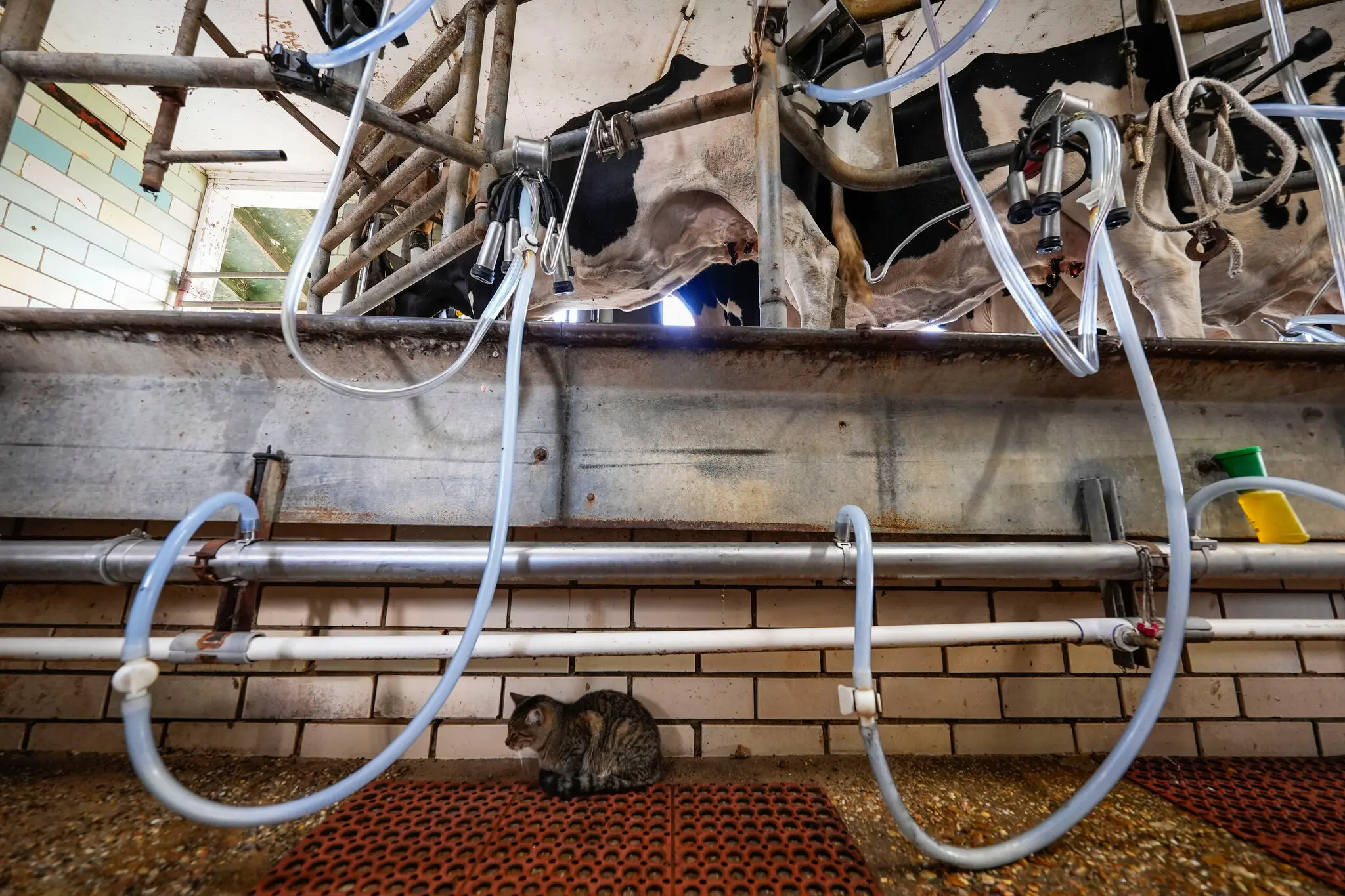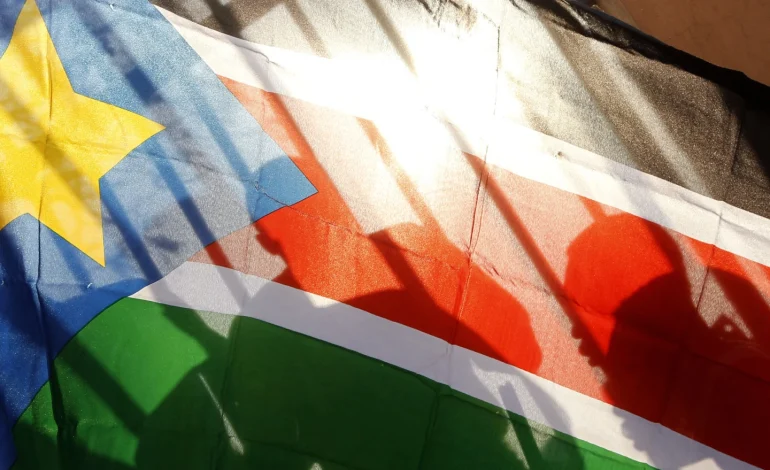A new report released Tuesday by Transparency International reveals a concerning trend: global corruption levels remain “alarmingly high,” with many countries experiencing their worst showings in over a decade, The Associated Press reports.
The annual Corruption Perceptions Index (CPI), a key indicator of public sector corruption worldwide, showed significant declines in leading powers like the United States and France, as well as authoritarian nations like Russia and Venezuela.
The CPI, which surveyed 180 countries, found that 47 nations had their lowest score in 2023 since the current methodology for the global ranking was implemented in 2012. Transparency International warned in its 2024 survey that “global corruption levels remain alarmingly high, with efforts to reduce them faltering.”
The organization also highlighted the global risks posed by corruption to efforts aimed at combating climate change. According to the report, a lack of transparency and accountability increases the likelihood of climate funds being embezzled or misused, while “undue influence,” often from the private sector, hinders the implementation of ambitious environmental policies.
The CPI measures the perception of public sector corruption using 13 data sources, including the World Bank, the World Economic Forum, and private risk and consulting companies. Countries are ranked on a scale from 0 (“highly corrupt”) to 100 (“very clean”).
The global average remained steady at 43, the same as in 2023, with over two-thirds of countries scoring below 50. Denmark retained its top position with a score of 90, followed by Finland (88) and Singapore (84). New Zealand dropped to fourth place with a score of 83.
At the bottom of the index, South Sudan scored just 8 points, replacing Somalia, whose score also dropped to 9. They were followed by Venezuela (10) and Syria (12).
The United States experienced a notable decline, falling from 69 points to 65 and dropping from 24th to 28th place. Transparency International attributed this decline to criticism of the U.S. judicial branch, noting that while the Supreme Court adopted its first code of ethics in 2023, “serious questions remain about the lack of meaningful, objective enforcement mechanisms and the strength of the new rules themselves.”
Other Western nations experiencing a decline included France, which fell four points to 67 and five places to 25th, and Germany, down three points to 75 and six places to 15th, tying with Canada, which was down one point and three places.
Mexico also saw a significant drop, losing five points to 26, with Transparency International citing the judiciary’s failure to take action in major corruption cases.
In Europe, Slovakia fell five points to 49 following the first full year of Prime Minister Robert Fico’s government, “as numerous reforms erode anti-corruption checks and bypass public consultation.”
Russia continued its decline, shedding another four points to 22. Transparency International noted that Moscow’s full-scale invasion of Ukraine in February 2022 has “further entrenched authoritarianism.” Conversely, while Ukraine’s score dipped slightly to 35, the organization acknowledged that the country “is making strides in judicial independence and high-level corruption prosecutions.”
Transparency International described the anti-corruption situation in the Middle East and North Africa as “bleak,” citing the near-absolute control exerted by political leaders who benefit from wealth and suppress dissent. However, the group also noted the emergence of “unforeseen opportunities,” particularly following the fall of President Bashar Assad’s government in Syria.
Sub-Saharan Africa recorded the lowest regional average score at 33.
In Asia and the Pacific, Transparency International stated that governments “are still failing to deliver on anti-corruption pledges.”








